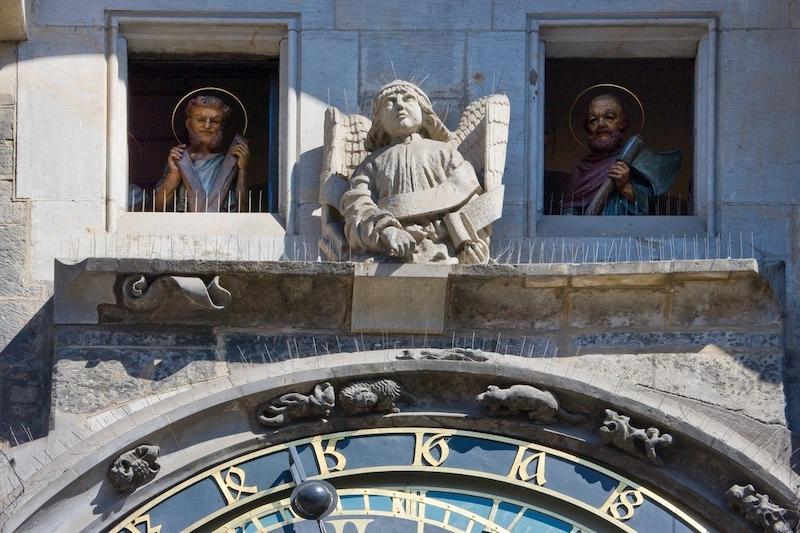According to ancestors, St. Andrew's Day had magical powers<
According to ancestors, St. Andrew's Day had magical powers
Saint Andrew was born in Palestine and was a fisherman with his brother. He was taught by John the Baptist and later became his apostle brother, Jesus.
After Jesus' death, Andrew traveled the world and spread Christianity. He settled in Greece, where he was persecuted by Emperor Nero and wanted him to renounce his faith. Which did not happen, so Andrew was crucified like Jesus, but on an X-shaped cross. That is why this cross is also called Andrew's.
Andrew is worshiped as the patron saint of the Scots (in Scotland, St. Andrew's Day is recognized as a Scottish holiday), Romanians (stayed here), in Russia as the apostle, in Burgundy as the patron saint of the dukes (his sloping cross is part of the coats of arms). He is listed as the first bishop of Byzantium (Constantinople - Istanbul).
Since the 15th century, the highly regarded Order of the Golden Fleece (created in honor of Andrew) has been awarded in France, and was later taken over by Rome, England and Russia.

Saint Andrew is also considered the protector of all lovers, especially brides. During the celebration of Ondřej, single girls should pay attention to various prophecies and guesses of their future lover.
| The most popular customs and superstitions |
| What seems like tonight will definitely come true. |
| If a single girl writes the names of seven boys on seven tickets and puts them under the pillow in the evening, the first ticket she turns in the morning reveals the name of the boy who is on her trial. |
| In another region, the girls had only four tickets, which they then tied into the corners of the handkerchief. They also put it under the pillow. In the morning, as they untied the first knot, they saw the name of their future groom. |
| In the evening, single girls met, spinning headscarves and saying rhymes. At the same time, which the scarf jumped out of the headband, she was to marry within a year. |
| Some girls then placed a piece of bread on a shovel during the evening and waited for which piece the dog would eat first - its owner would be married first. |
| Some girls cooked dumplings. The finished dough was divided into five pieces and pieces of boy's names were wrapped in four, the fifth remaining empty. When the dumplings could be cooked, it was expected which of them would float upstairs first. After the cut, the girl either read the name of the boy - the future groom, or found a blank piece of paper, which indicated that the wedding was in sight. |


 Tags:
Tags: Prev
Prev







